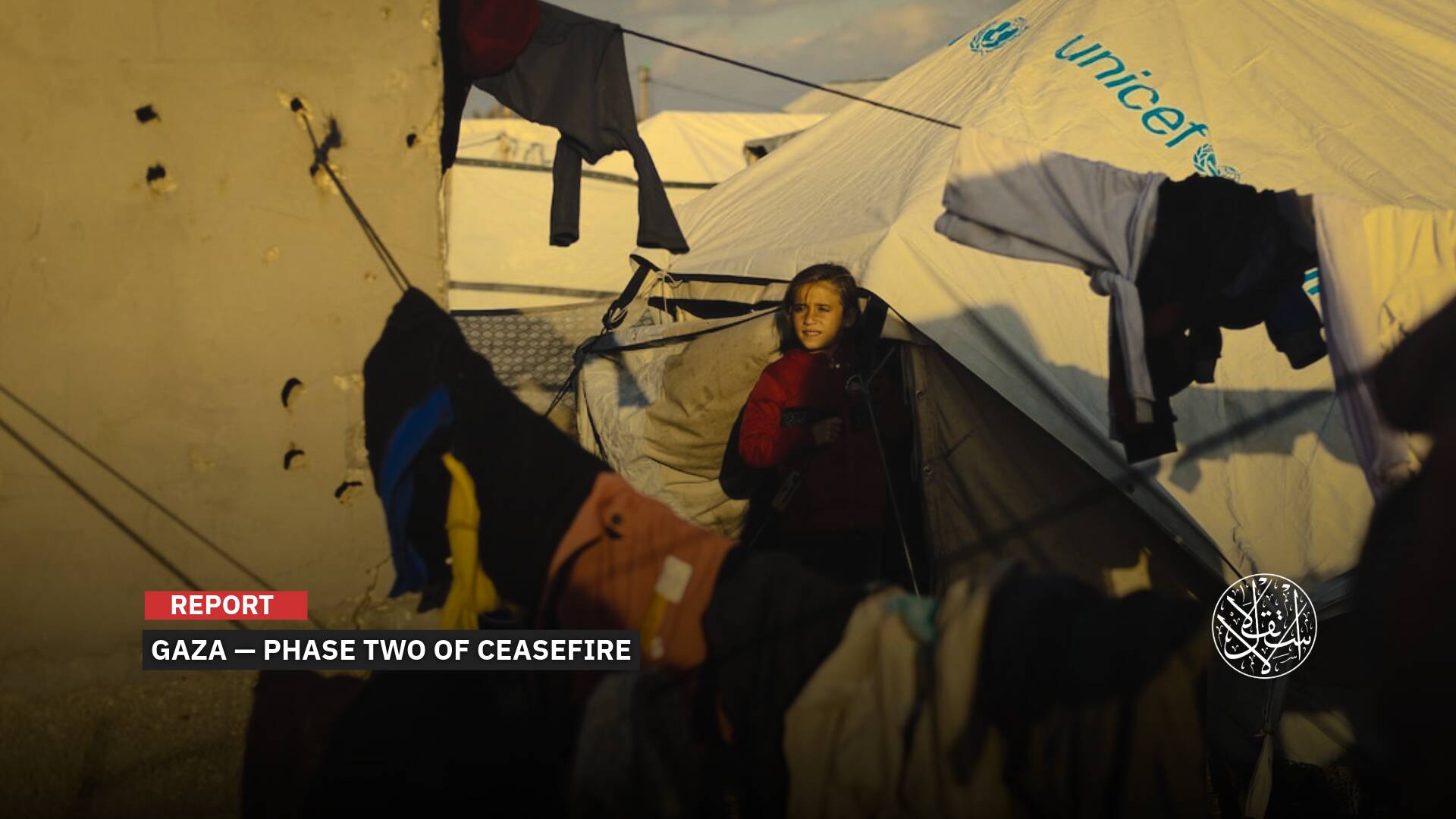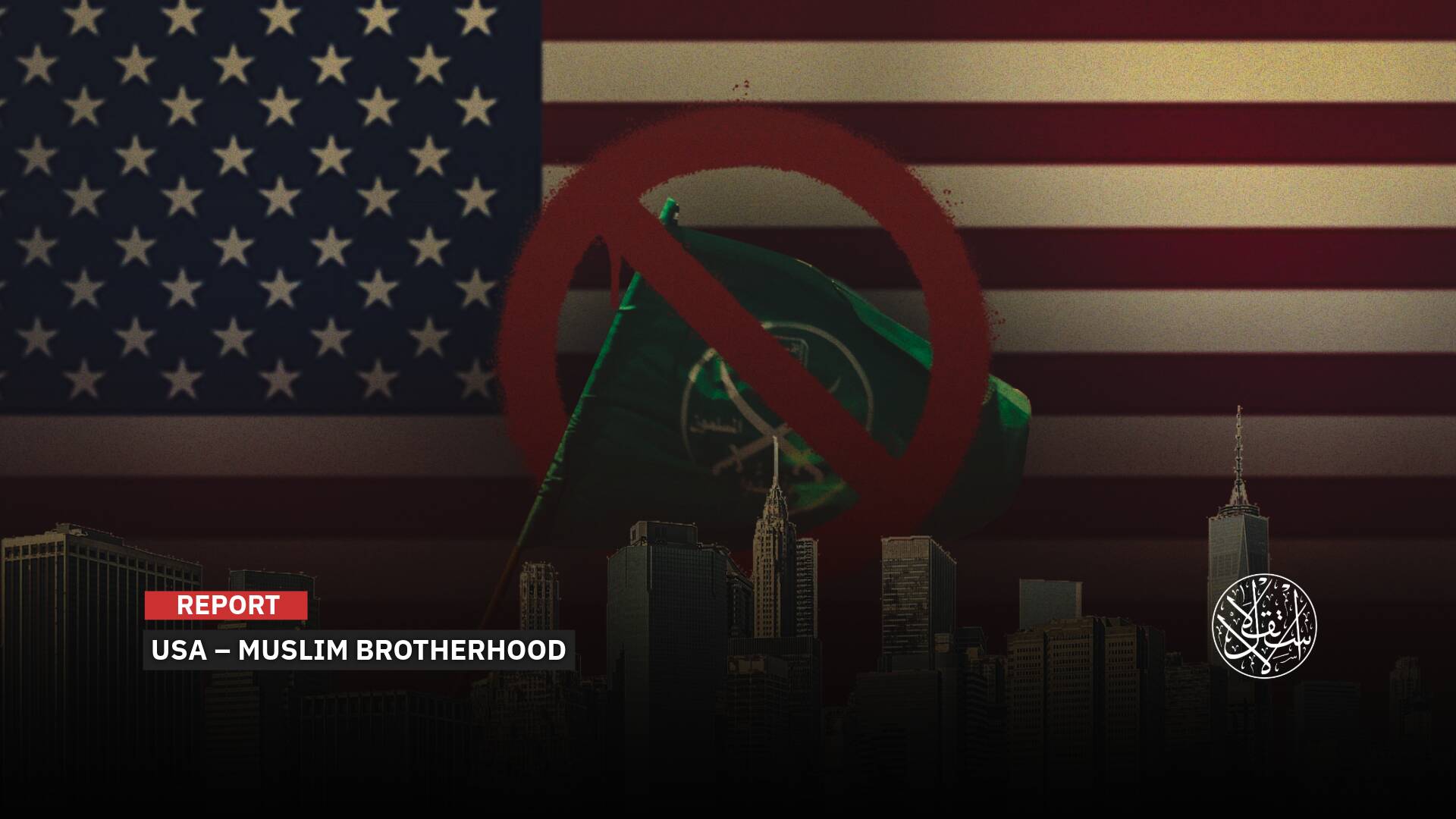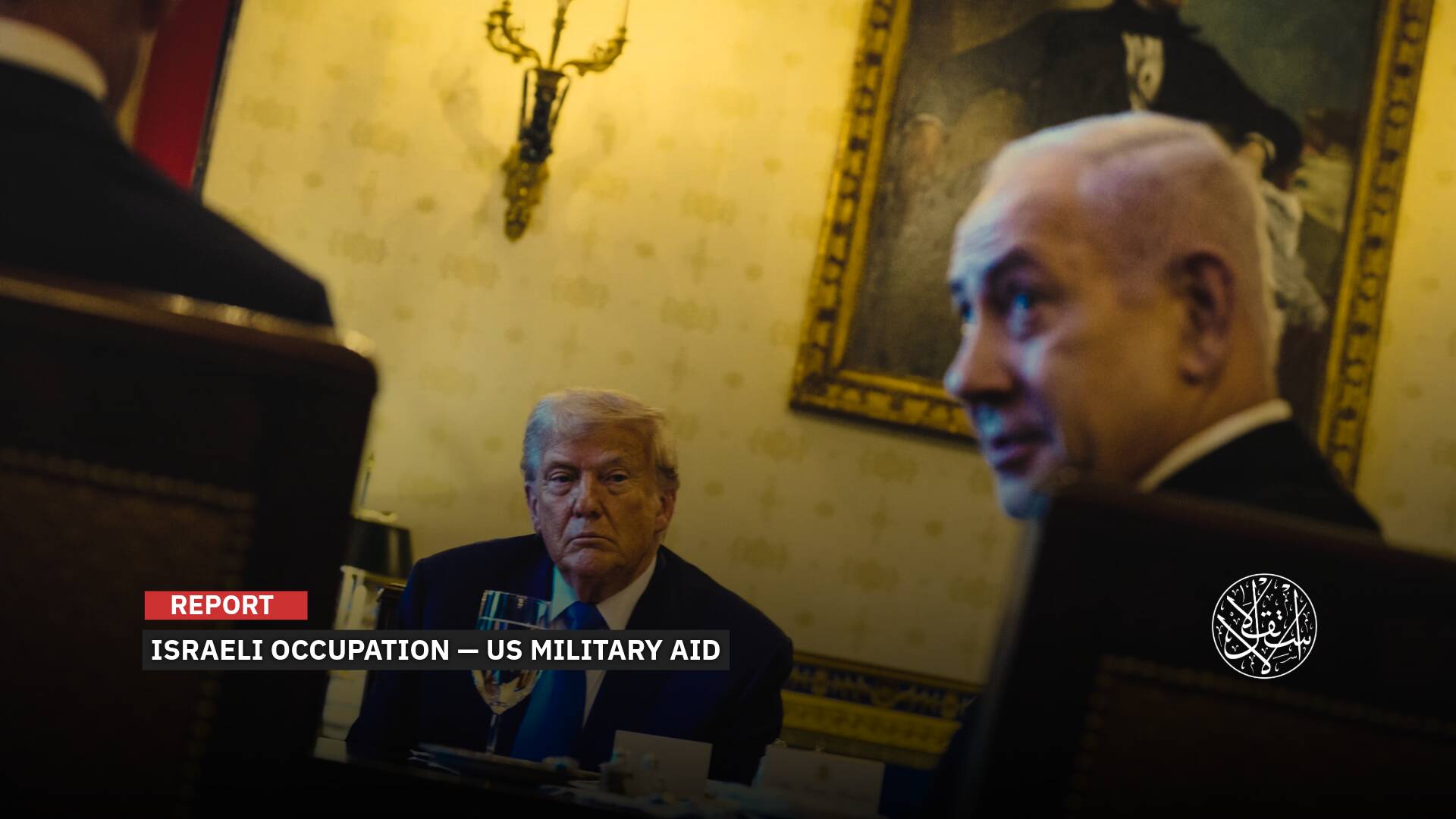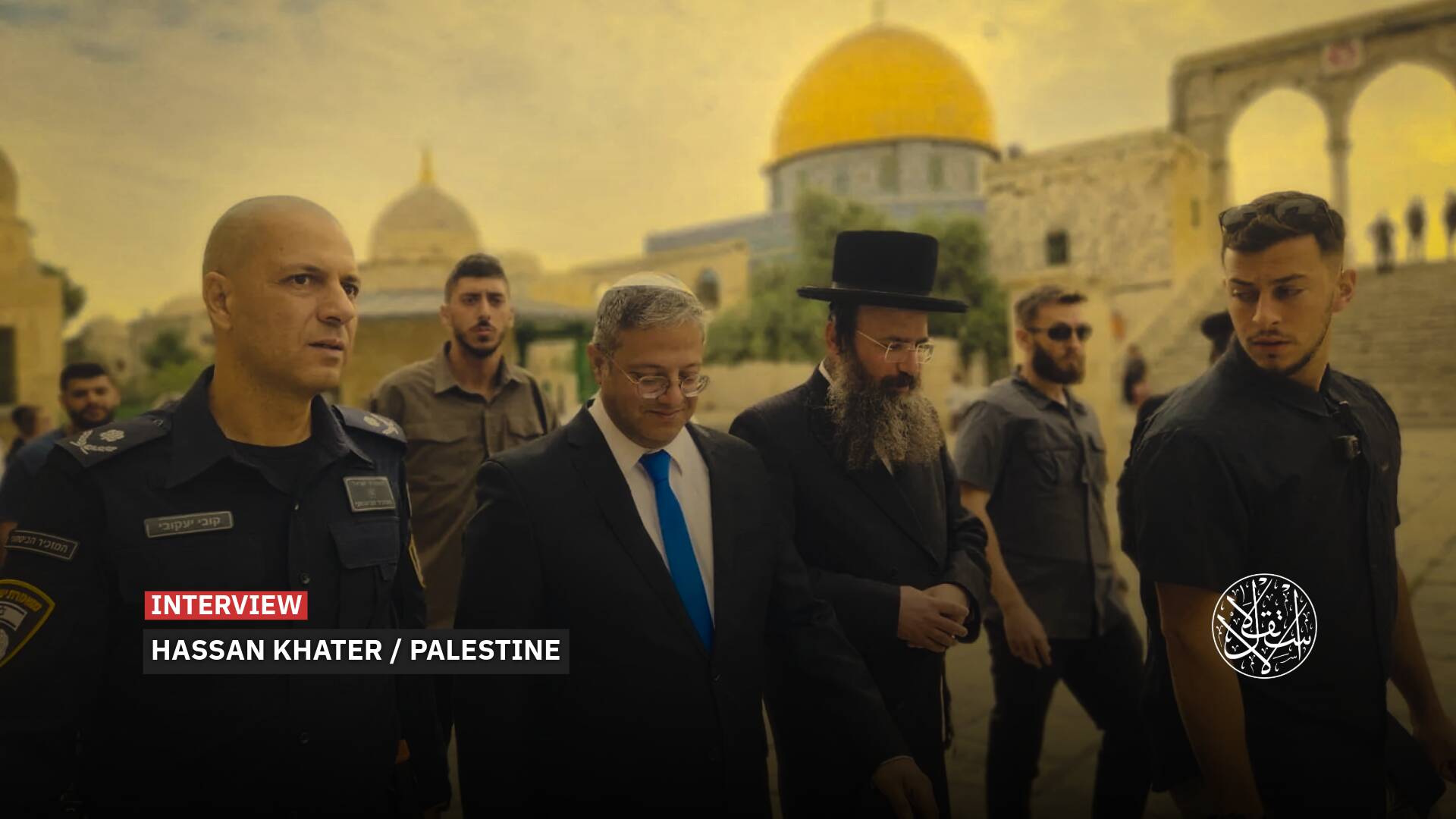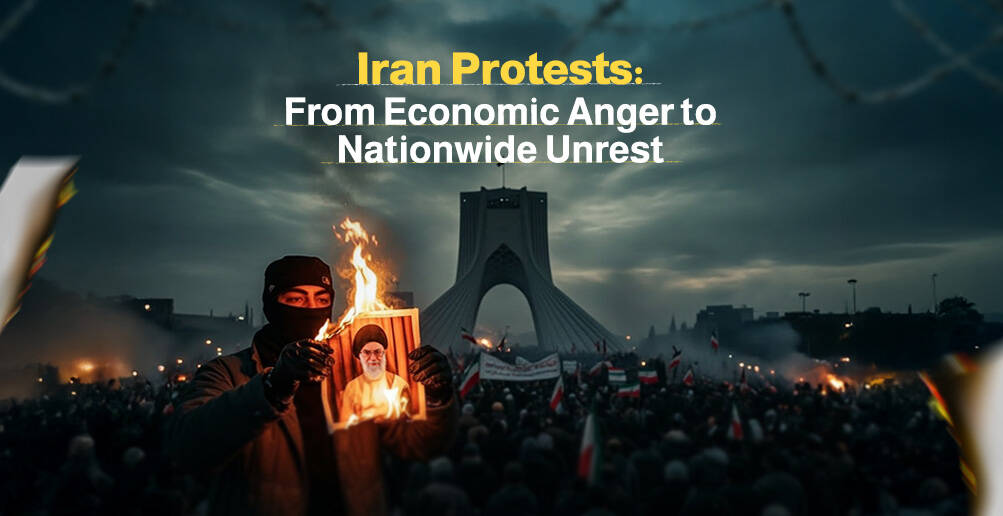Iraq’s ‘Expediency Council’: Picking a Prime Minister the Iranian Style
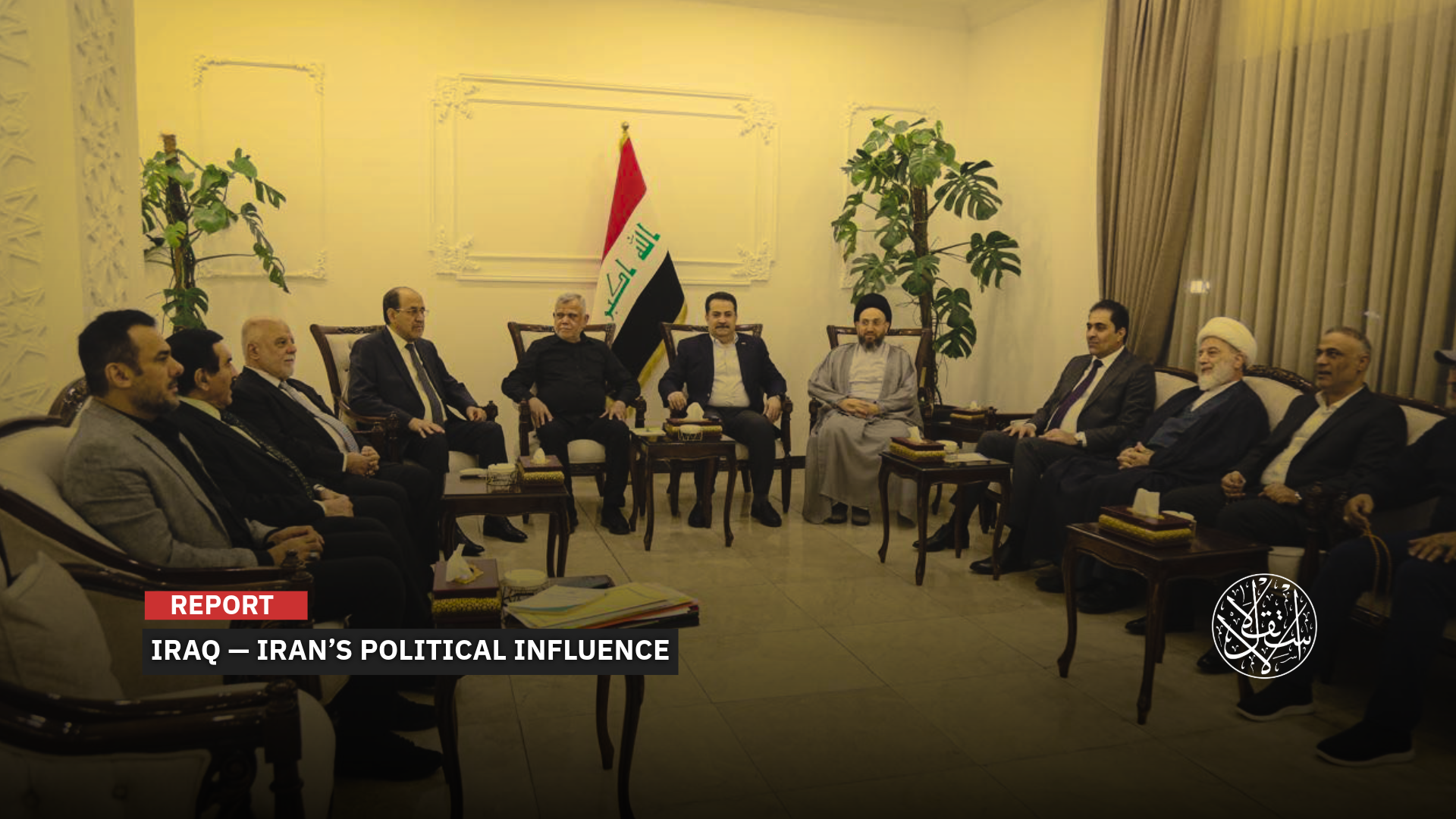
Sudani finally reconnected with the Coordination Framework after more than two months of silence.
Iraq’s Shiite political forces have signed an agreement to form the largest parliamentary bloc after the Reconstruction and Development Coalition led by Mohammed Shia’ al Sudani joined the Coordination Framework. Soon after, a special committee was created to interview candidates for the position of prime minister.
In the election held on November 11, 2025, Sudani’s coalition came in first with forty-six seats. The forces of the Framework, represented by eight electoral lists, secured about one hundred and thirty seats. Despite these results, the two sides did not meet directly until former prime minister Haider al-Abadi mediated.
About two months before the vote, al-Sudani boycotted the Coordination Framework’s meetings. The State of Law Coalition bloc led by Nouri al-Maliki viewed his move as a split, which the Iraqi prime minister denied. He affirmed that his coalition remains an essential part of the Framework.

Shaping the Next Phase
The joining of Mohammed Shia’ al Sudani’s coalition with the Coordination Framework resulted in two key committees with crucial roles in Iraq’s political scene. One committee focuses on engaging political partners, notably Sunni and Kurdish factions, while the other evaluates candidates for the role of prime minister.
Iraqi media reported on November 18 that the Coordination Framework’s committee for selecting the prime minister includes notable figures such as Ammar al-Hakim, leader of the National Wisdom Movement; Humam Hamoudi, head of the Islamic Supreme Council of Iraq; and Abdul-Sada al-Fariji, the Secretary-General of the National Approach Alliance.
The negotiating committee that will engage with the rest of the political actors is composed of senior Shiite leaders, including Nouri al-Maliki, head of the State of Law Coalition; Hadi al-Amiri, leader of the Badr Organization; Falih al-Fayyadh, head of the Popular Mobilization Commission; and Mohsen al-Mandalawi, leader of the Alassas Coalition, according to the Iraqi platform Aljeebal.
In a formal statement issued on November 17, the Coordination Framework confirmed that it held its regular meeting number two hundred and fifty with all its leaders present at the office of Haider al-Abadi. It stressed that comprehensive national cooperation is essential to navigate the coming phase and reinforce political stability.
The statement highlighted the importance of resolving electoral entitlements within constitutional deadlines and in line with established legal procedures. It emphasized that adherence to constitutional timelines guarantees an orderly transition that respects the will of voters.
The Framework added that it considers itself the largest parliamentary bloc, bringing together all its components under constitutional guidelines, and that it will continue to nominate the next prime minister.
In the context of political organization, the Framework affirmed that it has formed two leadership committees. One is focused on national entitlements and on developing a unified vision for state governance. The other will interview candidates for the role of prime minister according to professional and national standards.
Strict Conditions
While the Coordination Framework’s official statement did not reveal the criteria it adopted for selecting the new prime minister, Qusay Mahbuba, a member of Mohammed Shia’ al Sudani’s party, confirmed that the Framework has set a series of strict conditions for the position.
In a television interview on 16 November, Mahbuba explained that these conditions include a ban on political activity, on forming a political party, and on participating in elections. He noted that these standards are intended, from their perspective, to push for the appointment of a prime minister with no real political authority.
Mahbuba added that the Framework wants a government chief who acts like a puppet. He stressed that the Reconstruction and Development Coalition firmly rejects this idea and sees it as an attempt to undermine the actual powers of the prime minister.
Observers and politicians viewed the Framework’s committee for interviewing prime ministerial candidates, which includes several of its leaders, as fundamentally similar to the Iranian Expediency Discernment Council that approves or disqualifies presidential candidates in Tehran.
In this context, Iraqi politician and former lawmaker Mishaan al-Jubouri described the Coordination Framework’s committee as the Iraqi version of the Expediency Council. He stated that its purpose is to control and shrink the office of the prime minister, turning it into an administrative role subordinate to the Framework.
In a television interview on 20 November, al-Jubouri said the committee will require candidates to make explicit commitments, with particular emphasis on their stance toward Iran, which he expects to be one of the central questions they face.
Iraqi political analyst Khaled al-Saray argued that forming these two committees is more a waste of time than a response to current political needs. He added that interviewing candidates as if the position had become a regular civil service job is unreasonable.
Al-Saray questioned how the three-member committee tasked with interviewing candidates would actually operate. He asked whether this committee will be the one to decide who becomes prime minister and how such a process would work. He wondered if the members would vote among themselves, which he described as illogical.
He noted that forming a committee to negotiate with other political forces is understandable, yet creating another one dedicated to interviewing candidates for the prime minister’s office makes little sense.
In contrast, Hassan Fadaam, a senior figure in the National Wisdom Movement, stated that the Coordination Framework’s committee for selecting the prime minister has already begun its work and that the criteria were set in coordination with the other parties. He added that several names are being considered, including the current prime minister, Mohammed Shia’ al-Sudani, along with other prominent figures.
Iraq’s Shafaq News Agency reported on November 22 that Fadaam said they do not want to reveal all the names for now and that the Coordination Framework is responsible for announcing them in the next stage. He affirmed that most of the names circulating are correct, while some have not yet been officially nominated.
As for the steps of the upcoming political process, the president is expected to call the new parliament into session within fifteen days of the final election results being announced and certified by the judiciary. During the first session, parliament will elect a speaker and two deputies. It will then elect a new president, who in turn will task the nominee of the largest parliamentary bloc with forming the new government within a period that must not exceed thirty days.
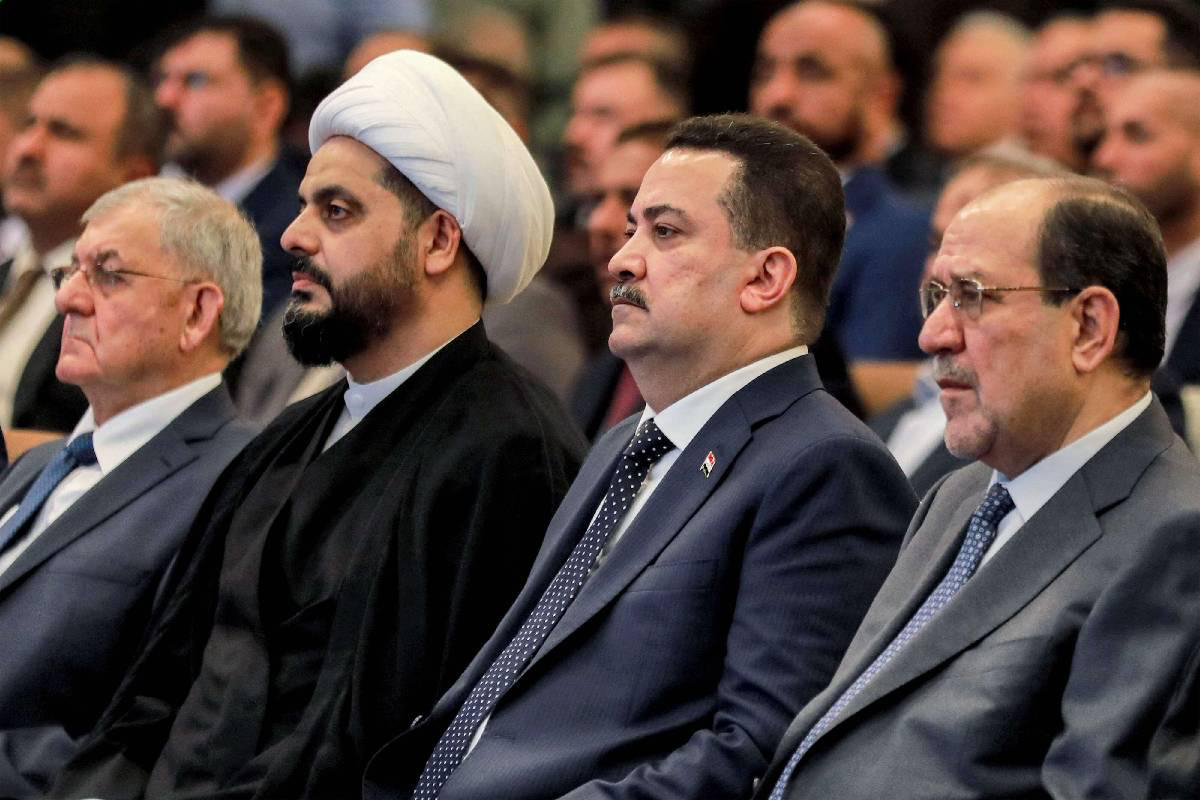
‘A General Manager’
Iraqi political researcher Ali al-Masari said that the Coordination Framework’s goal since forming the 2022 government has been to reduce the prime minister’s role to that of “a general manager” under their control. This was confirmed by Asaib Ahl al-Haq leader Qais al-Khazali in a television interview on November 20, 2022.
Al-Khazali explained that the agreement between the Coordination Framework and the prime minister separates state decisions from government administration. The prime minister should not monopolize state decisions but must consult the Coordination Framework on strategic political, economic, and security matters. His role would be limited to organizing the government and managing executive functions, effectively making him “a general manager.”
In an interview with Al-Estiklal, al-Masari noted that Prime Minister Mohammed Shia’ al Sudani outperformed the Coordination Framework in the recent elections, increasing his coalition’s seats from two in 2021 to forty-six in 2025, making it difficult to renew his mandate easily.
Al-Masari suggested that the decisive influence over the next prime minister may rest with Qais al-Khazali, while noting that the scenario could change if U.S. Special Envoy to Iraq, Mark Savaya, intervenes directly in approving or rejecting a candidate.
On November 21, Savaya announced his intention to visit Iraq soon and meet with senior leaders, increasing the likelihood of U.S. influence in forming the new government.
Savaya said in a post on X that Iraq has made notable progress over the past three years, expressing hope that this progress continues in the coming months. He added that he is closely monitoring the process of forming the new government in Iraq.
The U.S. envoy emphasized that the United States will neither accept nor allow external interference in the formation of the next Iraqi government.
On October 19, U.S. President Donald Trump appointed the Iraqi-American businessman Mark Savaya as the special envoy to Iraq, noting that Savaya’s understanding of Iraq-U.S. relations and his regional connections will help advance U.S. interests.
Sources
- After the Elections, Iraq Moves Toward a New Government Led by the Coordination Framework [Arabic]
- Wisdom and Law Define How and When the Framework Will Decide the Prime Minister [Arabic]
- Shiite Coordination Framework Forms Committee to Define Next Iraqi Prime Minister’s Profile [Arabic]
- Source Reveals to Aljeebal the Names of the Coordination Framework’s Committees for Forming the Next Government
- Al-Sudani Rejoins the Framework: On the Path to a Second Term? [Arabic]
- Council for Determining the Expediency of the Regime [Arabic]
- "Sudani Is a General Manager": How Militias View Iraq's New Prime Minister




